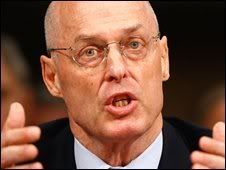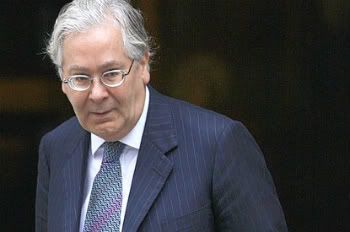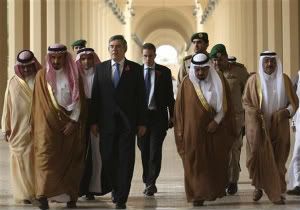DIE PRESSE: Im Land der Geysire kocht die Wut über die Finanzkrise über. Doch ehe es besser wird, dürfte es noch schlechter werden.
In ihrer Garage hält Hrafnhildur Thorarinsdottir Ausverkauf: Alles kostet nur ein Viertel des Preises, den sie in ihrem Laden in Reykjaviks Einkaufsmeile verlangt hätte. „Ich bin mit hohen Schulden ausgestiegen, und die Schulden wachsen weiter“, sagt die 30-jährige Jungunternehmerin. Denn sie hat auf Anraten ihrer Bank einen Fremdwährungskredit aufgenommen, wegen der günstigen Zinsen. Jetzt, im Island der Finanzkrise, hat die isländische Krone zwei Drittel ihres Werts verloren, und die Kreditsumme hat sich verdreifacht. „Ich habe mein Haus verpfändet, also muss ich weiterzahlen, sonst nehmen sie uns das Haus weg.“
„Wie eine Naturkatastrophe“ habe die Krise Island getroffen, sagt Solveig Olafsdottir, Sprecherin des Roten Kreuzes. „Wir sind ein Volk im Schockzustand.“ Die Banken sind pleite, die Baukräne stehen still, die Arbeitslosigkeit hat sich verdoppelt und wird im nächsten Jahr auf zehn bis 20 Prozent hochschnellen. Und das in einem Land, in dem „Arbeit heilig“ war, wie der Schriftsteller Einar Mar Gudmundsson meint.
Der Verfall der Krone macht das früher so teure Island zu einem Schnäppchenland für Touristen. Für die Isländer ist die Wirklichkeit eine andere. Die sehen eine Inflation, die auf 20 Prozent zusteuert, und Lebensmittelpreise, die sich teilweise verdoppelt haben. Die Isländer, die sonst wahllos kauften, was sie haben wollten, schauen jetzt auch beim Diskonter sehr genau auf die Kosten.
Samstag für Samstag strömen die Menschen zu den Protestkundgebungen vor das Parlament, zuletzt 6000. Das ist enorm in einem Land mit 320.000 Einwohnern. In Windjacken und Pelzmänteln, mit Hund und Kinderwagen, alt und jung, mit schwarzen Anarchistenfahnen und den blauen der EU. Alle sind sie da, alle ballen die Fäuste, alle stimmen jubelnd ein, wenn die Redner den Rücktritt von Notenbankchef und Ministerpräsident fordern.
Der Zorn wächst. „Wie die DDR vor dem Fall der Mauer“, meint Gudmundsson, der Dichter, einer der führenden Köpfe des Aufruhrs. „Das politische System hat alle Glaubwürdigkeit verloren.“ Mit der Liberalisierung der Banken habe es begonnen, als die Politiker „den Reichtum des Volks ihren Freunden schenkten“, die Banken dem Land über den Kopf wuchsen, das Zwölffache des Sozialprodukts war ihre Bilanzsumme zuletzt. Bis alles zusammenkrachte wie ein Kartenhaus. >>> Hannes Gamillscheg, Reykjavik | 28. November 2008
The Dawning of a New Dark Age (Taschenbuch) >>>
The Dawning of a New Dark Age (Gebundene Ausgabe) >>>




